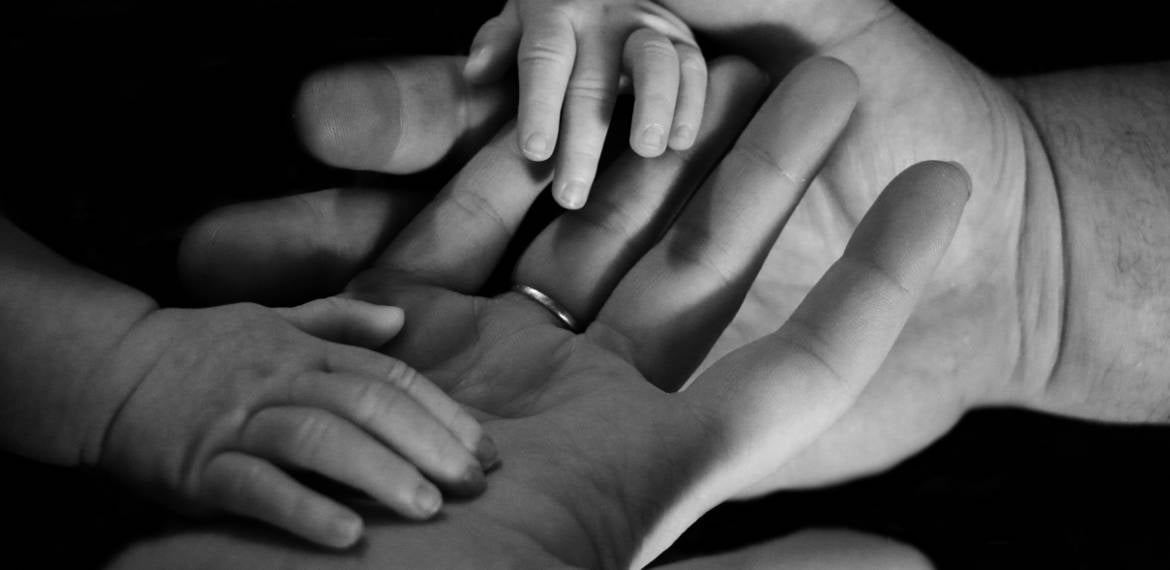
Breaking Free from Learned Helplessness
Have you ever felt stuck in a situation that you believed was hopeless? Maybe you've experienced failure after failure, and now you feel powerless to change your circumstances. This is what is known as learned helplessness.
What Is Learned Helplessness? Signs, Causes, and Emotional Impact
Learned helplessness is a phenomenon where an individual believes that their actions have no effect on the outcome of a situation, even though this may not be true. The American Psychological Association explains that learned helplessness occurs when a person repeatedly faces stressful situations that are beyond their control, then does not take control when the option becomes available, and in fact loses motivation to exercise control in many areas of their life.
This belief develops after repeated experiences of failure and can lead to feelings of sadness, hopelessness, anxiety, and low self-esteem. In many cases, learned helplessness can be attributed to a lack of self-efficacy – the belief or confidence in one's ability to achieve a desired outcome. When perceived failures or external factors erode this confidence, it can be challenging to regain. Fortunately, with the help of a trained professional, there are ways to combat learned helplessness and regain a sense of control over your life.
How Learned Helplessness Affects Thoughts, Behavior, and Motivation
The first step is to recognize the patterns of thought and behavior contributing to your sense of helplessness. This can look like asking yourself whether you give up too quickly when faced with challenges. Are your goals vague or undefined? Once you have identified these or other problematic patterns, you and your therapist can begin to find appropriate ways to challenge them.
How to Overcome Learned Helplessness Through Therapy and Goal-Setting
- One way is to start by setting small, achievable goals for yourself that are specific and measurable—also known as a SMART goal. A smart goal is one that is Specific, Measurable, Attainable, Realistic, and Timely (in other words, you set a timeframe in which you want to meet the goal). In the beginning, it is essential to celebrate your successes, because even though all of your problems have not been resolved, you are making progress!
When we are in a learned helplessness mindset, this keeps us in an anxious or depressed state as a maladaptive way to protect us from more hurt or potential disappointment. This is why acknowledging progress can be scary or seem" stupid" at first. Don't let that thought win, though; challenge it! - Another helpful thing can be to surround yourself with supportive friends and family who believe in your abilities. Doing so will support you in catching those unhelpful thought patterns and continue to recognize when or how they come into your mind. Along with providing more people to celebrate those wins along the way!
- One more thing that can be helpful in reframing your failures as opportunities for growth and learning. Rather than seeing setbacks as failures, view them as necessary steps toward success. Remember, learned helplessness is a belief, not a fact. With time and effort, you can break free from this mindset and achieve the success you deserve.
If you’re ready to set goals and take control of your life on the road to wellness, learn more about my approach to counseling here, request an appointment with me, or learn more about our practice at Lifeologie Counseling Austin.

About Calvin Burns
Calvin Burns, MA, LPC, LCDC-I, earned his BA in Psychology with a minor in Human Development and Family Studies from Texas Tech University and earned his Master's in Counseling from Dallas Theological Seminary. He specializes in disordered eating, addictive behaviors, depression, anxiety, parenting support, adolescents/emerging adults, and couples counseling. He brings unwavering hope to his clients, and firmly believes that people can change and their stories can be rewritten. He sees adolescents, young adults, adults, couples and families at Lifeologie Counseling Austin.
Meet Me



